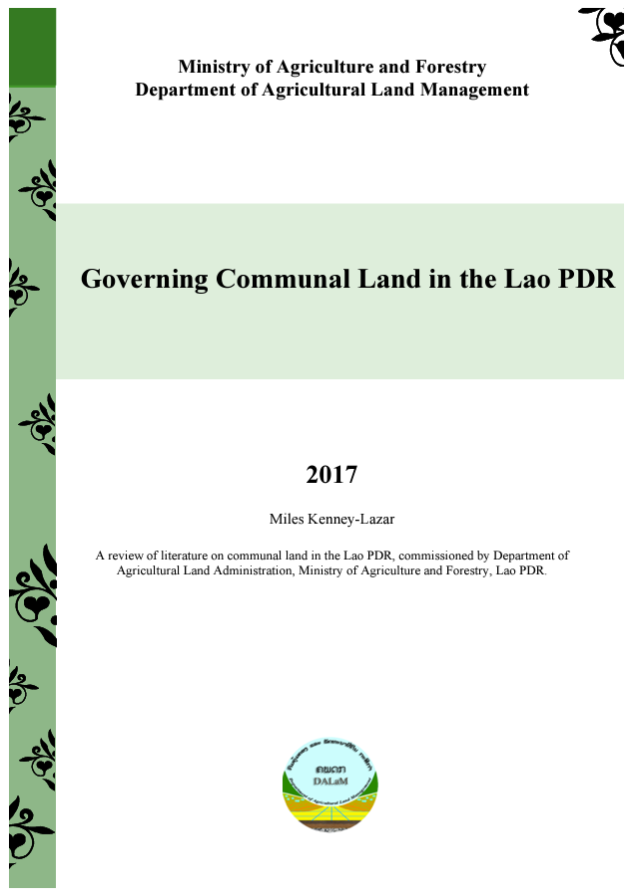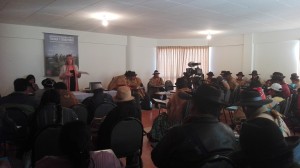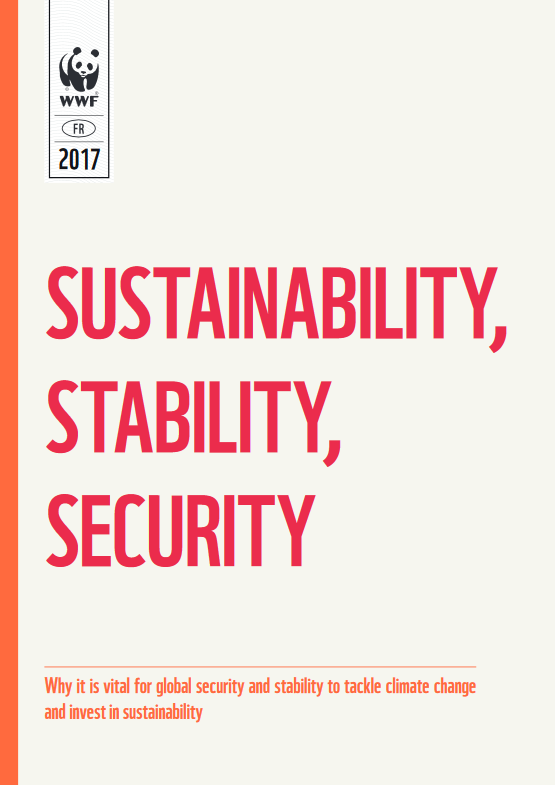Gender, agriculture and rural development in Armenia
Gender equality is key to eliminating poverty and hunger, and this has been demonstrated by FAO throughout its research across the world. FAO is committed to interventions that seek to reduce gender inequalities and this report has been produced as part of its eff orts to generate evidence and knowledge in compliance with FAO’s Policy on Gender Equality (FAO, 2013a). It is only through closing the gender gap that strategies on sustainable agriculture and rural development can reach their full potential.








